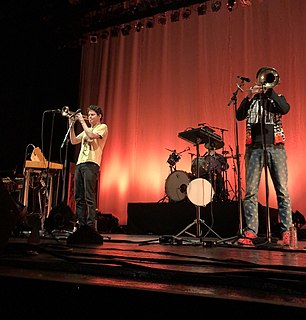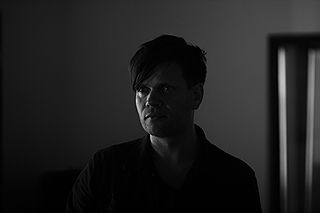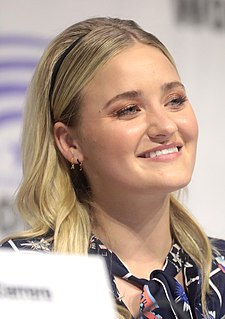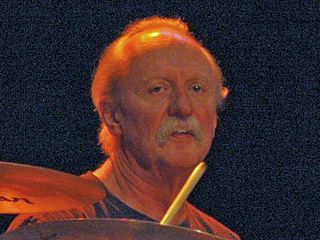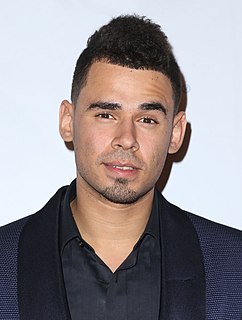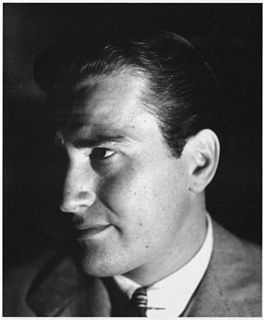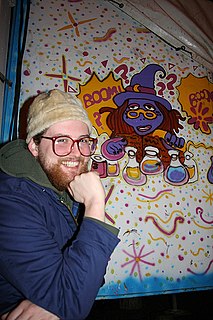A Quote by Zach Condon
I think that there's a proliferation of music that is done entirely in the bedroom for an Internet audience, but there's no way in hell that you could actually kill off a live show, and its importance in the creation of music - it's just impossible.
Related Quotes
I was really sick of bands just ignoring the audience as a posture in rock music. And I think we fed off each other in terms of trying to engage the audience, not in a hammy way, but actually trying to be aware of the space that you are playing in and trying to connect in some way through the music.
In a sense, I like to think of the live performance as something different than the record, not necessarily looking to exactly recreate the record. Sometimes Matt and I just do duets folk-style. Part of the fun of seeing a live show is having it be different from the way that you hear it in your bedroom or wherever you listen to music.
I think in the old music, everything was so competitive. It was all about - very selfish in a lot of ways. The label sort of capitalized on that desperation and that competition. In the new music landscape, with is the democratization of the internet and music in general, I think it can be a lot more collaborative. People, instead of competing, they can actually support each other, in music.
Music is entertainment, but I would like to be able to inspire the audience in a way that makes them leave, saying, "Wow, I just left with something I didn't have before going into this concert." I hope that people can leave either a live show or listening to our band record with a sense of peace, where the music was a moment of escape.
I was in school - I was a good learner; if I wanted to get something done, I could get it done. I was lazy, though. I was always, like, sort of an outcast. And when I got home, I was always doing music, but when I was doing music, no one was there to judge it, you know? It was just me in my bedroom. It gave me freedom and made me happy.
I'm not conditioned to be an entertainer. An entertainer pleases others while an artist only has to please himself. The problem with that is artists are misunderstood by all. I'm not interested in the clarinet but in music. we speak our emotions into music. An artist should write for himself and not for an audience. If the audience likes it, great. If not, they can keep away. My situation is the same. Let them concentrate on my music and not on me. I like the music. I love it and live it, in fact. But for me, the business part of music just plain stinks.
I think I'm really part of a whole generational movement in a way. I think a lot of other people since and during this time have gotten interested in writing what we can still call experimental music. It's not commercial music. And it's really a concert music, but a concert music for our time. And wanting to find the audience, because we've discovered the audience is really there. Those became really clear with Einstein on the Beach.
